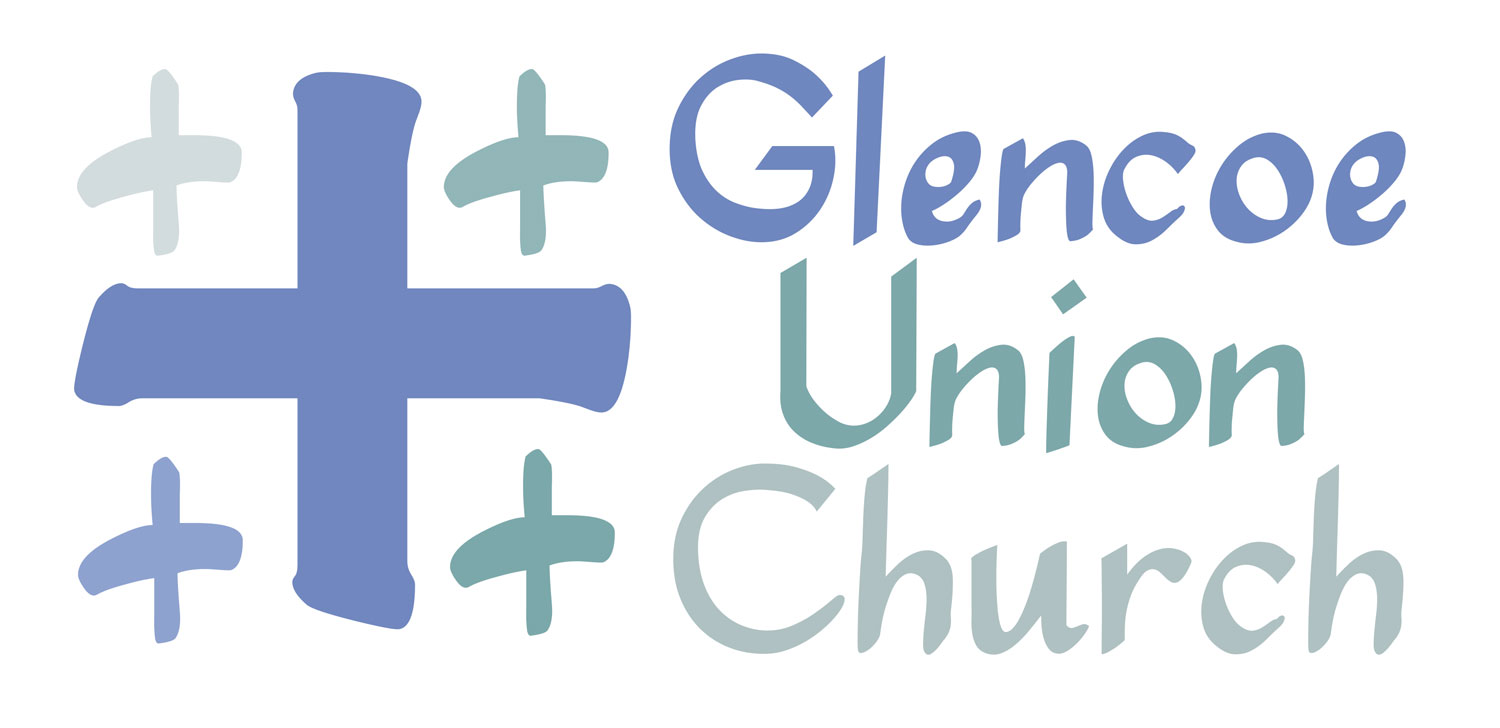Teach the children. We don't matter so much,
but the children do. Show them daisies and
the pale hepatica.
Teach them the taste of sassafras and
wintergreen. The lives of the blue sailors,
mallow, sunbursts, the moccasin flowers. And
the frisky ones--inkberry, lamb's-quarters,
blueberries. And the aromatic ones-rosemary,
oregano.
Give them peppermint to put in their pockets
as they go to school. Give them the fields
and the woods and the possibility of the
world salvaged from the lords of profit.
Stand them in the stream, head them
upstream, rejoice as they learn to love this
green space they live in, its sticks and leaves
and then the silent, beautiful blossoms.
Attention is the beginning of devotion.
Sometimes the desire to be lost again, as
long ago, comes over me like a vapor. With
growth into adulthood, responsibilities
claimed me, so many heavy coats. I didn't
choose them, I don't fault them, but it took
time to reject them. Now in the spring I kneel,
I put my face into the packets of violets, the
dampness, the freshness, the sense of ever-
ness. Something is wrong, I know it, if I don't
keep my attention on eternity. May I be the
tiniest nail in the house of the universe, tiny
but useful. May I stay forever in the stream.
May I look down upon the windflower and the
bull thistle and the coreopsis with the
greatest respect.

